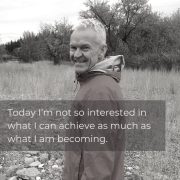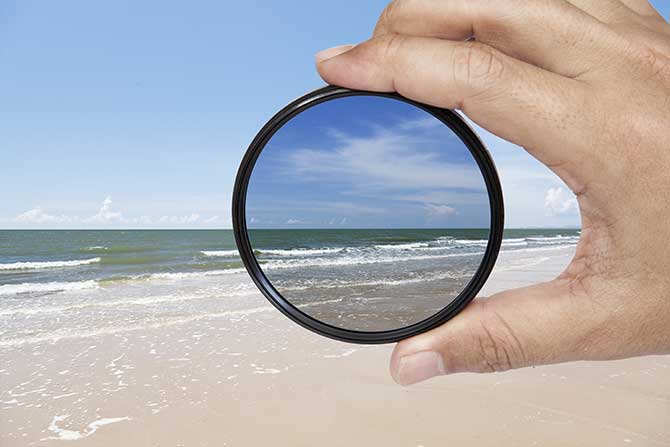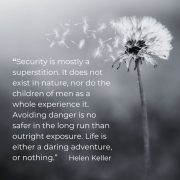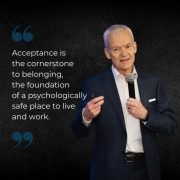How Is The Pace Of Your Life Affecting Your Leadership Presence?
When I am helping leaders strengthen their authentic leadership presence, I find it is important they understand how the pace of our life affects our connection to others. In the words of the philosopher Piero Ferrucci, we are in the midst of a “global cooling.” Human relationships are becoming colder. Interactions with others are becoming more rushed and impersonal. Values such as profits and efficiency are taking on greater importance at the expense of caring and authentic presence.
Think about it. You make a phone call to a person and you get a digital voice recording with a list of options. You park your car and find out the parking attendant has been replaced by mechanism for inserting your credit card and keying in your license plate number. You send an email to a colleague instead of walking down the hall and having a face-to-face conversation. Rather than playing street hockey with a group of friends, kids are now more likely to be alone in their bedrooms in front of a computer screen. Instead of a face-to-face conversation with a bank teller or customer service representative, we now bank and make many transactions on line. Your doctor, pressed for time, now focuses on the test results and data on a computer screen instead of listening to you and looking at you. Rather than a travel agent that we have come to know and trust, we book vacations on line. We check in at the airport and buy our theatre tickets at kiosks rather than from real people at a booth or a counter.
I’m not interested in going back to the “good old days.” There were lots of problems with those “good old days.” What I am interested in is bringing balance to this world. Do we stop and realize the effect of all this automation and hurried pace on our workplaces, our families, and our lives?
One expert on the pace of life, Robert Levine, has been studying time as it is experienced in various cultures. Levine measures three different variables; The time it takes to buy a stamp in a post office, the speed at which pedestrians walk across the street, and the accuracy of clocks in a bank. What he discovered was that there are faster cultures than others, in which punctuality and precision are rewarded, while other cultures are slower and less precise. Western society is the fastest; Brazil, Indonesia, and Mexico are the slowest. Levine doesn’t make a judgment that some cultures are necessarily “better.” There are advantages and disadvantages to both slow and fast cultures. In cultures where the pace is hurried, cardiovascular disease is more widespread.
Is all this technology helping us improve the quality of our connections and the quality of our lives? Is it helping us be more kind and charitable?
Much emerging research is telling us that the more we hurry, the less we are able to connect, and the less we connect, the less we care, and the less we care the less real influence we have.
One of my favorite studies along this line was done with a group of theology students who had to listen to a lecture on charity, and then had to move, one by one, to a nearby building. On the way, they met an accomplice of the experimenters. This person was down on the floor, pretending to have fallen and hurt himself. Most of the students helped him. But when they were pressed for time and had to hurry from one building to the next, the Good Samaritans among them drastically lessened. One of the students, in a hurry, even stepped over the unfortunate crying actor and headed straight for his destination. We are kinder when we have more time. And without kindness, how can we possibly influence others?
How hurried are you in your life? How is the current pace of our world affecting your leadership presence? Have you ever felt “hurried” even when you weren’t in a hurry? How does your sense of continual “hurriedness” affect your kindness, your connections, and your ability to influence others? What are you doing to s-l-o-w d-o-w-n and make a connection?









